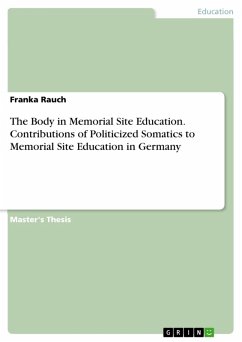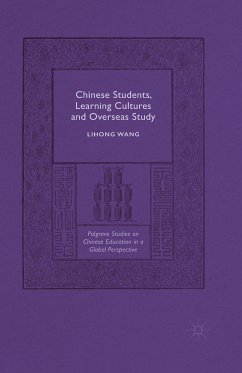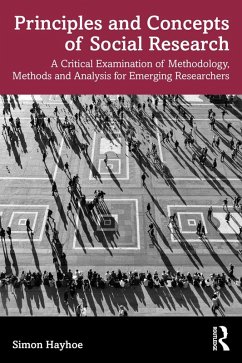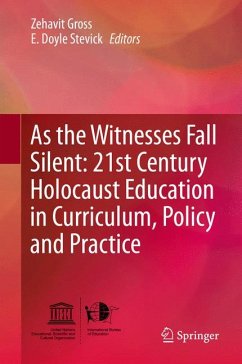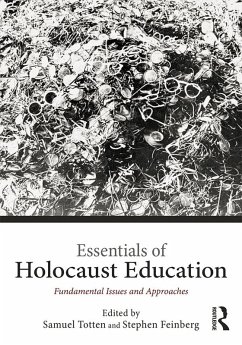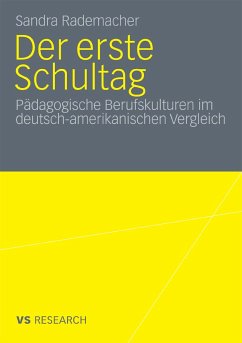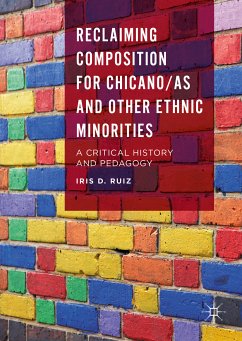
Tour Guides at Memorial Sites and Holocaust Museums (eBook, PDF)
Empirical Studies in Europe, Israel, North America and South Africa
Redaktion: Ballis, Anja
Versandkostenfrei!
Sofort per Download lieferbar
Statt: 80,24 €**
60,95 €
inkl. MwSt.
**Preis der gedruckten Ausgabe (Broschiertes Buch)
Alle Infos zum eBook verschenkenWeitere Ausgaben:

PAYBACK Punkte
30 °P sammeln!
The book gives a close look at tour guides at places of difficult history. For this purpose, experts, doing empirical research from all over the world working in this field, present their results. In this way, an impression of the activity of the guides will be given from two perspectives: On the one hand, the focus is on questions of content: What challenges are the guides facings? On the other hand, the methodological procedures to be used in the field of tour guides have to be considered: Why do qualitative studies in particular dominate the field?
Dieser Download kann aus rechtlichen Gründen nur mit Rechnungsadresse in A, B, BG, CY, CZ, D, DK, EW, E, FIN, F, GR, HR, H, IRL, I, LT, L, LR, M, NL, PL, P, R, S, SLO, SK ausgeliefert werden.



